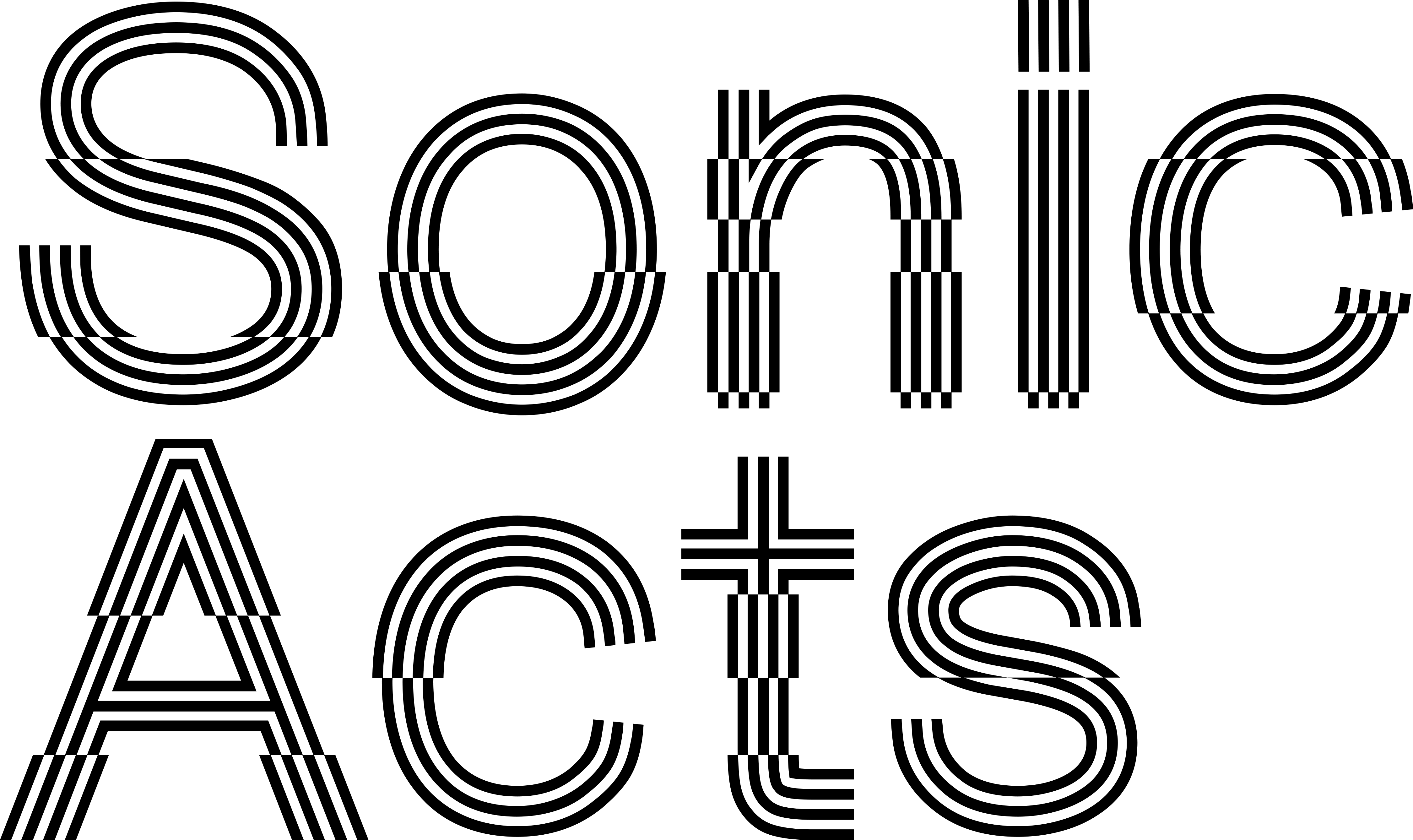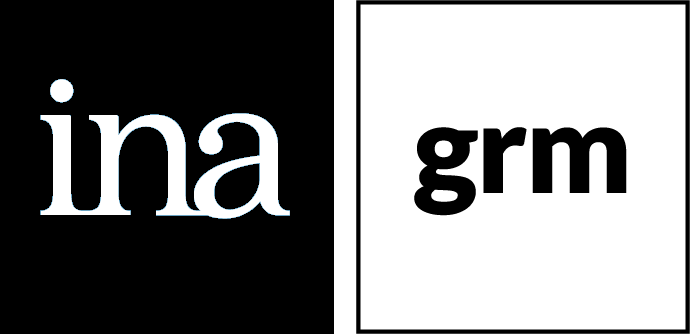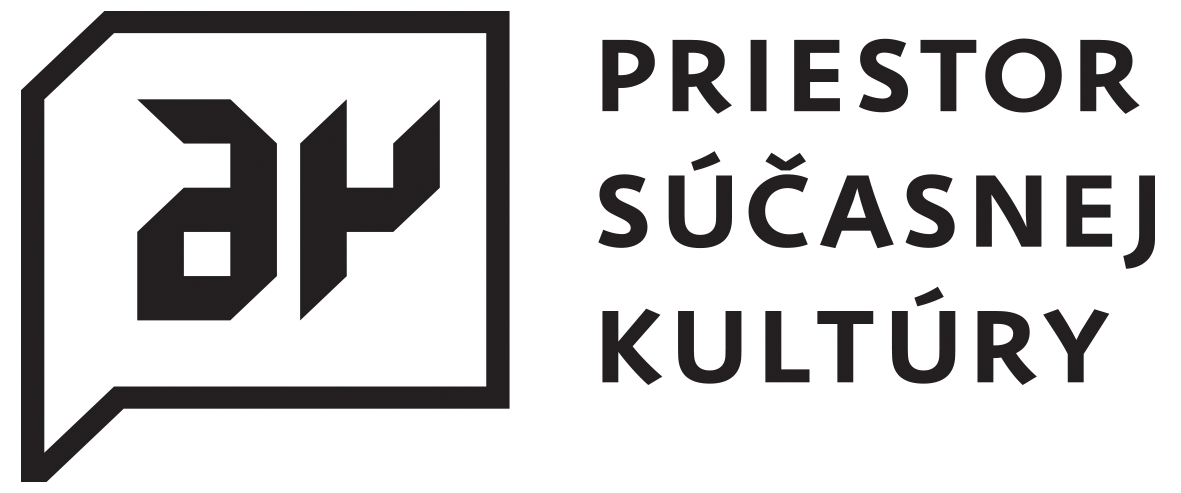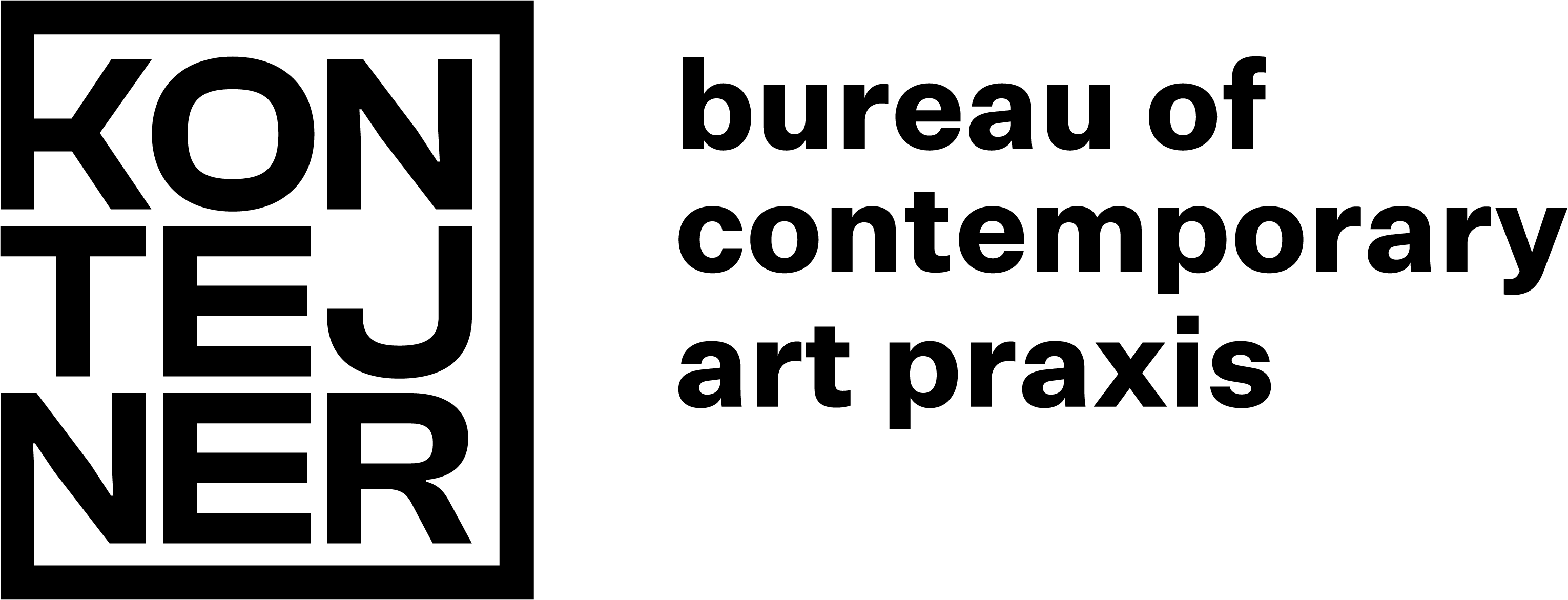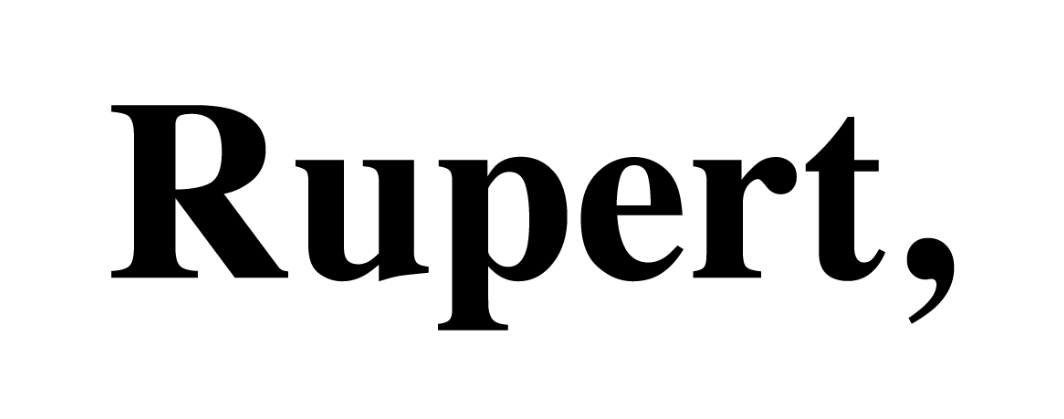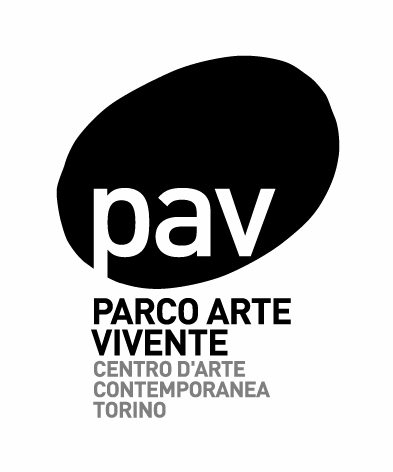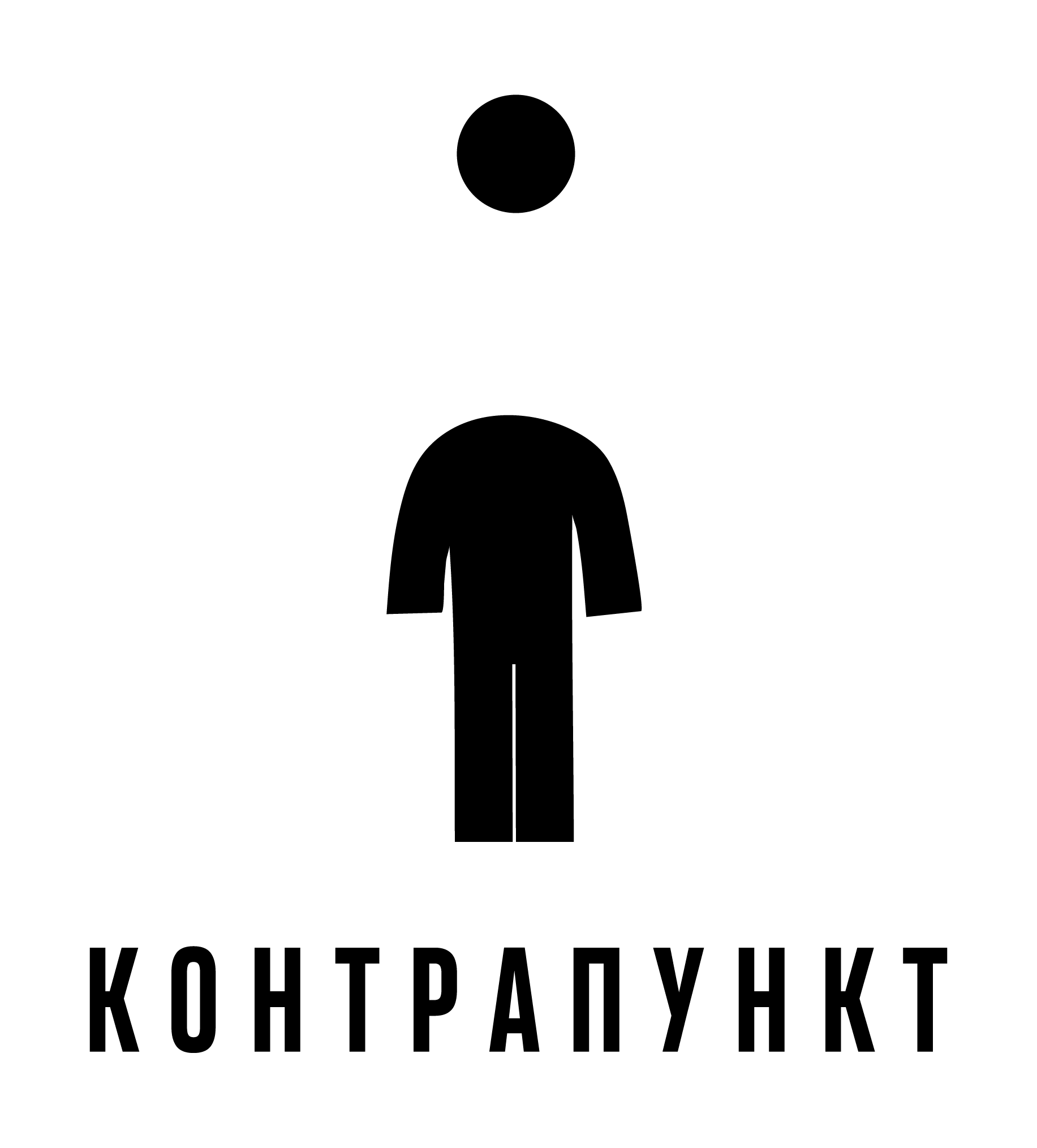Film & Talk: Hacking Justice & Leaks for Future
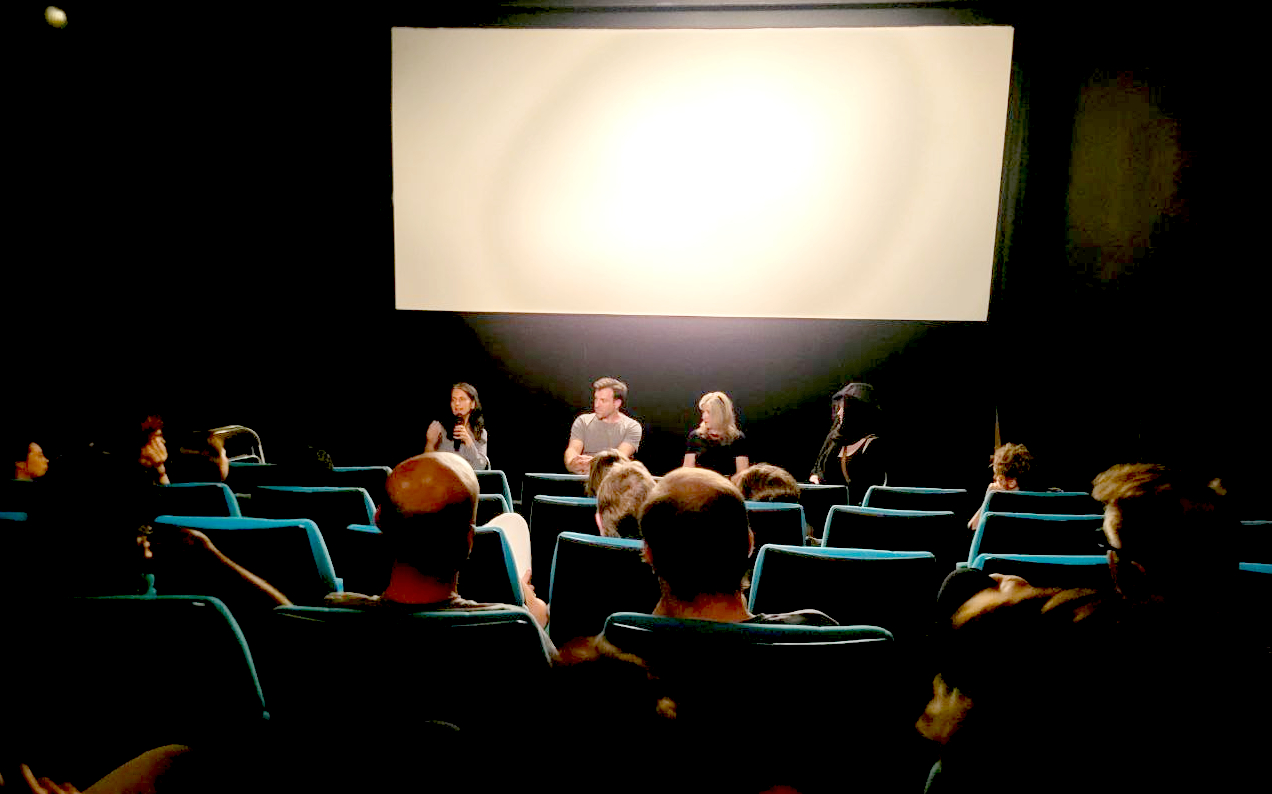
Hacking Justice & Leaks for Future was a meetup on the fight for freedom of information and climate justice.
This meetup combined a screening of Clara López Rubio’s film Hacking Justice (about Julian Assange and WikiLeaks) with a presentation of Esteban Servat’s EcoLeaks. Servat published a secret Argentine government study on the environmental impact of fracking in the mountainous region of Mendoza that revealed that the Argentian administration knew that fracking was contaminating aquifers, but lied to the public about the extent of the risk. A discussion with Esteban Servat explored why disclosures such as those made by WikiLeaks are relevant to the environmental movement. Activists from the climate justice movements were invited to contribute to the discussion to show the importance of provoking social change via climate actions, and how technology can help to reach the scope.
Clara López Rubio (ES) is a film director and cinema historian She is the director of the documentaries In der Falle: Julian Assange zwischen Politik und Justiz (2017) and Hacking Justice (2021).
Esteban Servat (AR/DE) is a scientist, exiled environmental activist from Argentina, and founder of EcoLeaks.
Janine (DE) is a privacy researcher, independent investigative journalist, and educator on the topics of informational self-determination and (counter)surveillance.
Tatiana Bazzichelli (IT/DE) is the founder and director of the Disruption Network Lab.
Part of Re-Imagine Europe: New Perspectives for Action. Co-funded by the European Union. This meetup was cooperation between Assange Support Berlin & the director Clara López, ACUD Kino and Disruption Network Lab, and part of the series ‘Kino free Assange’ by Assange Support Berlin and the community programme by Disruption Network Lab.
Location
Berlin (DE)
Participants
Partner Organisation
Event category




